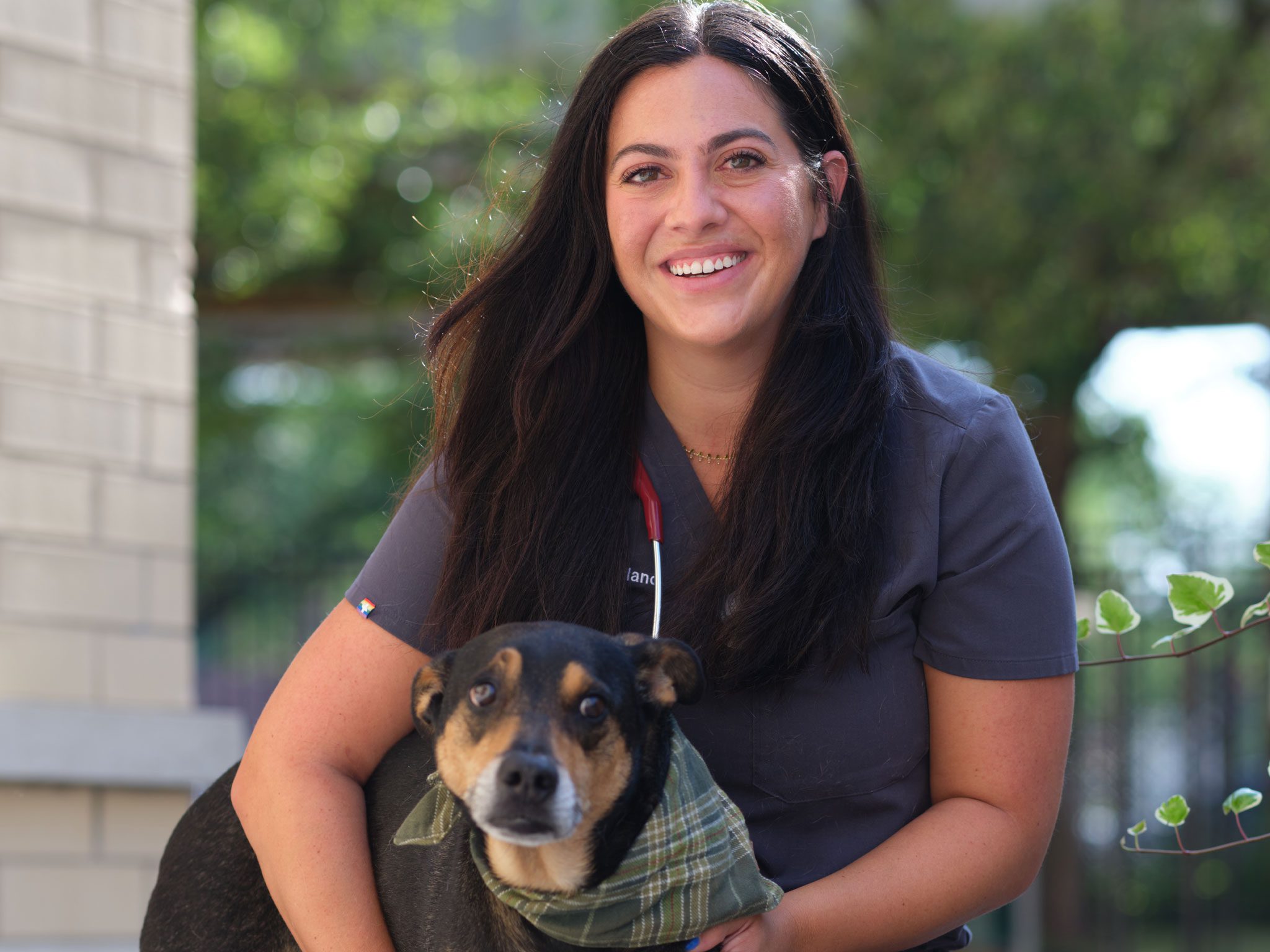
10 Common Pet Emergencies in Cincinnati, OH
Veterinary Emergency Group
Call & Speak with a doctor Open 24/7, Even Holidays!
Walk in today for:
Emergencies
Point-of-Care Ultrasound
Urgent Care
X-Rays
Diagnostics + Testing
End-of-Life Care
Surgery
Treatment + Hospitalization
Cincinnati pet owners, you know that life with pets is one big adventure! It’s filled with love, companionship, and of course the occasional unexpected twist that turns our world upside down. Yes, we’re talking about pet emergencies! At Veterinary Emergency Group (VEG) Cincinnati, we’re pros in expecting the unexpected.
Dogs, cats, reptiles, birds, hamsters… we see and treat them all at our veterinary hospital. For pet emergency care and urgent care in the Cincinnati, Ohio area, call VEG at (513) 653-3930 or just walk in — we’re open 24/7, even on holidays. And while emergencies do happen, how you respond to them can make all the difference to your pet’s recovery and health.
Here’s a look at ten common pet emergencies in the Queen City and the immediate attention you should take for your little BFF:
1. ACCIDENTAL POISONING OF PETS LIKE DOGS, CATS, AND FERRETS
Most pets are naturally curious, which sometimes leads them into trouble, like ingesting harmful substances. Symptoms of poisoning can range from vomiting and diarrhea to seizures and lethargy. Common toxic substances include:
- Chocolate
- Certain flowers and plants
- Household cleaners
- Xylitol (found in sugar-free gums)
What to do if your pet ate something poisonous: If you suspect your pet has ingested something toxic, time is of the essence. Take your pet to our VEG Cincinnati pet ER for immediate help. On the way to getting professional veterinarian help at VEG, keep your pet calm and comfortable but avoid offering food, water, or any home remedies unless directed by a vet. You can call us when you’re on the way for guidance.
2. PET ANIMAL, BIRD, OR REPTILE HIT BY CAR
Do chickens actually cross roads? We hope not! But we’ve seen it many times: a pet gets loose and unexpectedly runs into the road when drivers least expect it. Injuries from being hit by a car can vary widely in severity, from minor bruises to life-threatening conditions.
Here’s your plan of action if your pet is hit by a car: Try to keep them still and calm. Avoid moving them unnecessarily, as this could worsen their injuries. Contact VEG Cincinnati for immediate advice and assistance. We can tell you how to carefully wrap your pet in a blanket or towel before loading him or her into the car to get to our ER.
3. FIGHT WOUNDS AND INJURIES OF ANIMALS AND PETS
Pets, especially dogs and outdoor cats, may get into fights with other animals. These encounters can lead to cuts, bites, and abscesses. Wounds from animal fights can be life threatening. If your pet comes home with wounds: It’s critical to seek veterinary care quickly, even if the injuries seem minor. Bites can lead to infections or more serious complications. VEG Cincinnati is a full-service facility with experienced vets and staff that’s equipped to handle such emergencies with compassion and care.
4. CHOKING AND BREATHING ISSUES IN DOGS, CATS, OR OTHER PETS
Some pets really love to chomp on things around the home! If you have a pet who likes to gnaw on things, always be on the lookout for choking hazards. Though choking and breathing difficulties can arise from a variety of causes, as we’ve seen often in our Cincinnati animal ER. Signs of distress include: coughing, excessive drooling, and gasping for air.
Critical actions to take if your pet can’t breathe: If your pet shows signs of choking or breathing trouble, act quickly. Keep them calm, and rush them to VEG Cincinnati or your nearest pet emergency hospital. Attempting to remove the object yourself can be dangerous, so professional intervention is best.
5. PET SUFFERING A HEATSTROKE
Cincinnati’s hot summers pose a risk of heatstroke for pets, especially those left in cars or without access to shade and water. Symptoms include:
- Collapse
- Drooling
- Excessive panting
- Lethargy
Preventive measures and actions for heatstroke: Never leave pets in a hot car and always ensure they have a cool, shaded area during hot days. If you suspect your dog, cat, bird, or reptile is having a heatstroke, move your pet to a cooler area immediately and call VEG Cincinnati for advice or bring them into our 24-hour emergency pet hospital. Heatstroke can be fatal and you should never delay or wait out the symptoms.
6. SEVERE ALLERGIC REACTIONS IN PETS LIKE DOGS AND CATS
Pets can have allergic reactions to insect stings, certain foods, or medication. Symptoms may include:
- Difficulty breathing
- Hives
- Swelling
- Vomiting
Why you should find urgent veterinary care: Allergic reactions can escalate quickly, so it’s important to seek veterinary care as soon as possible. Our top-rated veterinarian staff in Cincinnati can provide the necessary treatment to manage your pet’s reaction effectively.
7. SEIZURES IN PETS
Seizures can be a symptom of underlying health issues such as epilepsy, poisoning, or brain tumors. Witnessing your pet having a seizure can be frightening but knowing how to respond is important.
What to do during and after a seizure: Keep your pet away from any objects that could harm them. Do not attempt to hold their tongue. You may feel helpless, but what you can do is time the seizure because your vet at VEG Cincinnati will want to know how long it lasted. After the seizure has passed, contact us for advice. At VEG, you can call and speak to a top-rated vet right away.
8. UNEXPLAINED LETHARGY OR COLLAPSE IN PARROTS, GUINEA PIGS, DOGS, CATS, AND OTHER PETS
Sudden lethargy or collapse can be signs of serious health issues, including heart disease, internal bleeding, or metabolic disorders. Quickly determining the cause is essential. Keep your pet warm and quiet while you contact VEG Cincinnati for advice on immediate actions and how to safely transport your pet to our animal ER clinic in Cincinnati.
9. PET WITH DIFFICULTY URINATING
When a pet has difficulty peeing, it may indicate urinary blockages, infections, or kidney issues, especially in male cats. Symptoms include:
- Crying out in pain
- Frequent attempts to pee with little to no urine output
- Straining to urinate
How VEG can help your pet: This condition can quickly become life-threatening. If you notice any of these symptoms, it’s critical to contact VEG Cincinnati immediately for assistance. We can assess if there’s a blockage, kidney problems, or an infection going on through our in-house diagnostic testing.
10. PET IS VOMITING AND HAS DIARRHEA
This is a common health issue for pets, not just in Cincinnati but everywhere. While occasional vomiting or diarrhea can occur in pets without serious underlying conditions, persistent or severe cases can lead to dehydration and other complications.
Course of action for your pet: Keep an eye on your pet’s behavior and hydration status. If vomiting or diarrhea persists for more than a day, or if your pet shows signs of pain, lethargy, or loss of appetite, call VEG Cincinnati for advice or bring your pet right in. No appointments taken, we’re open 24/7.
CONTACT VEG CINCINNATI FOR PET EMERGENCY AND URGENT CARE
When faced with any of these emergencies, the most important step is to seek professional care promptly with a licensed veterinarian who’s trained in emergency medicine. Veterinary Emergency Group in Cincinnati, OH, is here to provide the support and treatment your pet needs during critical times. You stay with your pet the whole time as we provide excellent, compassionate vet care. Keep us in your contacts in case of emergency: VEG Cincinnati at (513) 653-3930. We hope you won’t need us but it’s good to know that we’re open 24 hours a day, weekends and holidays too!

